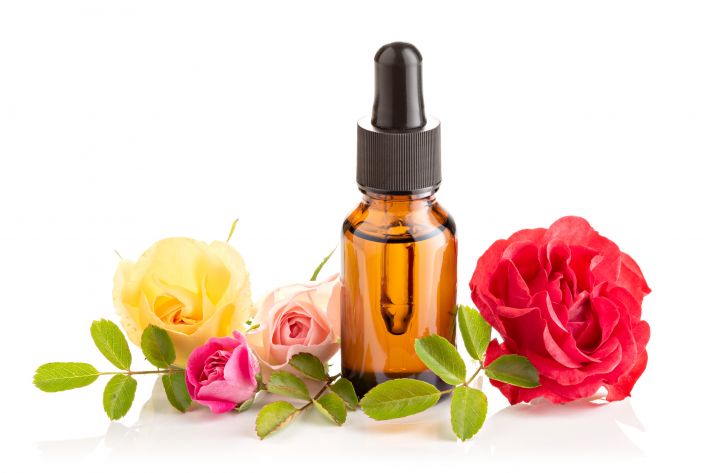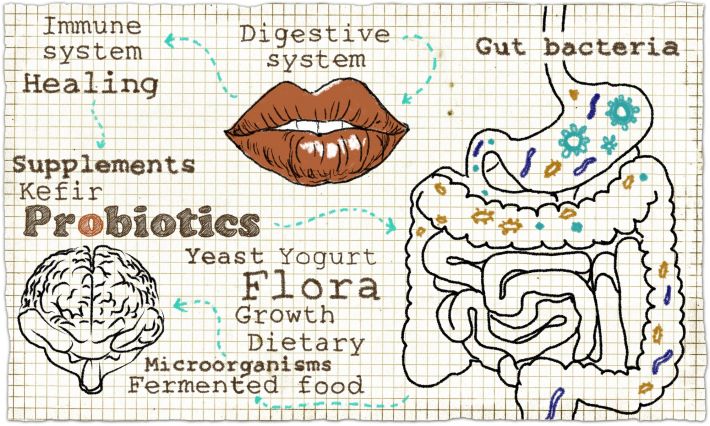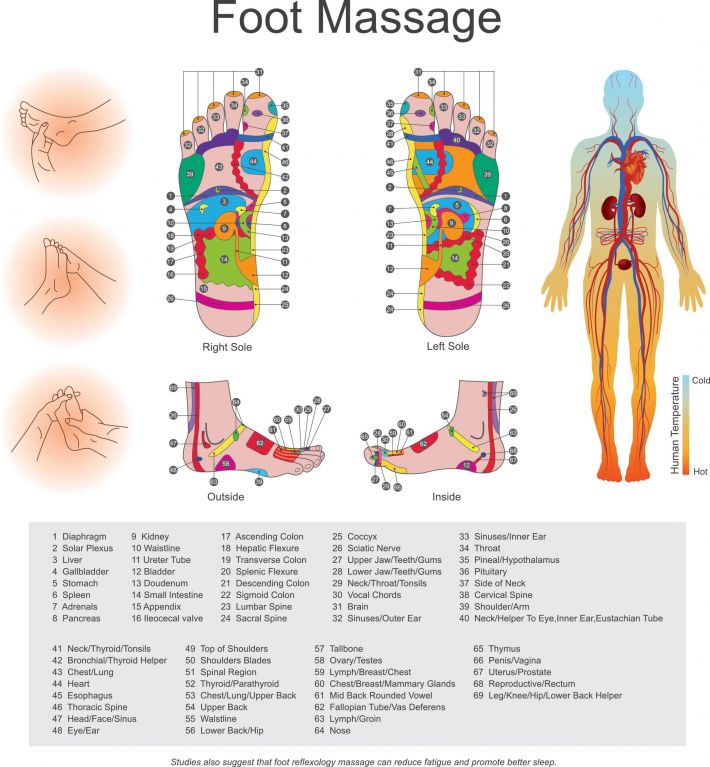- in Health and Wellness by Tony
How to enhance your well-being
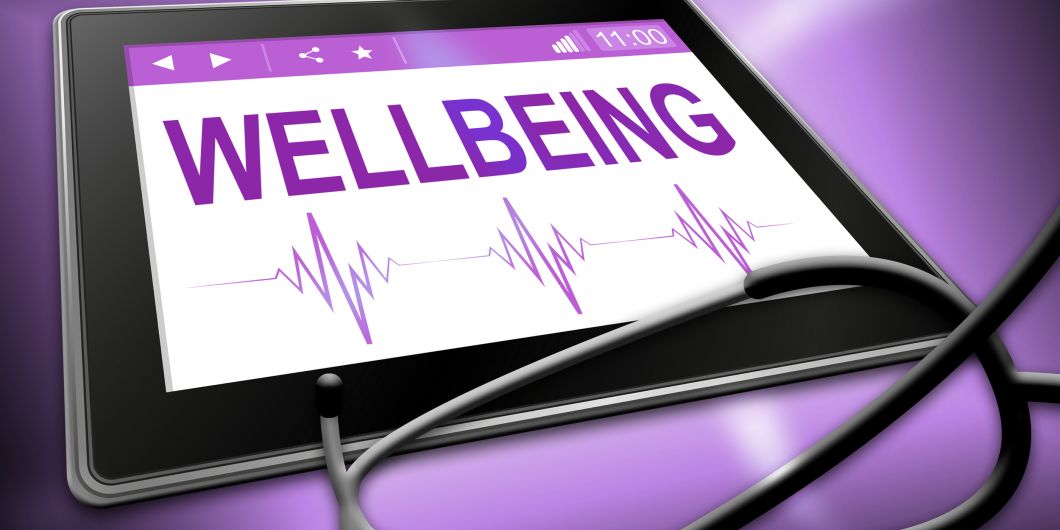
Feeling a bit down lately, maintaining a positive mood when life gives us lemons can be challenging. If you are feeling down, there are ways to help yourself feel better. Here are some natural remedies that will help lift your spirits and improve your well-being
More...
Read A Book, Listen To A Podcast, Or Music
Reading a book or listening to a podcast is an easy and accessible way to take care of your mental health and relax. A book can be an enjoyable escape with something for everyone, while podcasts are compact and versatile. They can be listened to on the go or while doing chores around the house.
Imagine you were caught up in tedious chores and lost in thought. You could feel less inhibited and relaxed if tossed on a favoured soundtrack. Listening to the upbeat melody and a gradual rhythm can brighten the darkest days. Utilising music to release negative energy can be helpful for multiple reasons. There is some evidence that calming audio before bedtime can encourage deeper sleep. Listening to everything from the sound of rain to peaceful white noise as you try to doze off.
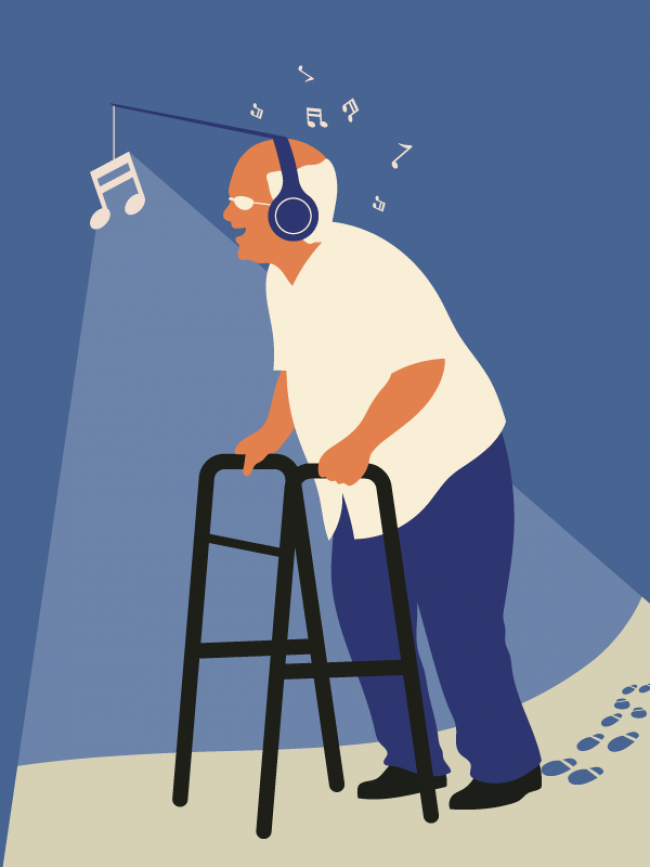
Music does make a difference. Several studies are showing that music can improve mood and decrease anxiety. This is true because music is processed in the same brain areas as emotion.
When you hear certain types of music, it activates specific regions of the brain associated with memory. Dancing along to the beat can help you relax and focus.
Develop A Meditation Habit
A pinnacle in the World of wellness, individuals, have long used meditation routinely to help them find balance and manage the negativity in their lives.
A study conducted at Johns Hopkins University showed impressive results when using meditation to help treat depression. After the researchers collected data, a clear trend emerged, offering substantial improvements.
Meditation for eight weeks led to an improvement in depressive symptoms by 20 per cent. Additionally, they saw a five per cent decrease in anxiety symptoms, indicating promise.
Meditation is a practice that focuses the mind on the present. It helps you to become aware of your emotions, thoughts, and surroundings. It also allows you to relax and reduce stress. Meditation can help you to deal with anxiety, depression, and other mental health issues.

However, mindfulness isn't for everyone. A study published in the Evidence-Based Mental Health journal showed that school-based mindfulness training does not appear to boost well-being or improve the mental health of teenagers. The research found that many pupils were bored by the course and did not practise it at home.
Meditation is one of the simplest ways to start practising mindfulness. Mindfulness has become a popular meditation technique aimed at focusing the mind on the present moment and involves learning how to pay attention and manage feelings and behaviour, to improve resilience in the face of external stressors.
To live mindfully is to live in the moment and reawaken oneself to the present, rather than dwelling on the past or anticipating the future.
While, it has been found to help with the symptoms of depression and anxiety in some studies. Prof Mark Williams, the founding director of the Oxford Mindfulness Centre and co-investigator at the University of Oxford, said the findings confirmed the considerable burden of mental health challenges that young people face and the urgent need to find a way to help them.
Supportive Friends

The most important thing to remember is that the brain is a complex organ, with many parts working together to create our thoughts and feelings.
It’s not just one part of the brain that controls your emotions; it’s all working together. So if you want to change how you feel, you need to work on changing how they communicate, and a healthy friend group can benefit the mind and body.
However, there is no ideal number of friends for perfect health. Some introverts may be satisfied with only two or three close friendships. Others may need many more than that. Extroverts may need fewer than five friends.
New research indicates, if you have enough connections, you may not feel isolated or abandoned. Unfortunately, one in three older adults reports feeling lonely in today’s world. Often, people can find relief by participating in social activities or volunteering.
You can strengthen your relationships with friends, by participating in activities you do together. For example, you could bring a CBD vape, while hanging out and relaxing with friends, or organise a free day, pampering session in the local health spa or a self-care moment at home, which will help you have less stress and anxiety.
Pick Up An Instrument Or Learn A New Skill

One of the most popular methods to improve your mood is learning a new skill or picking up an instrument. Taking care of yourself by exercising your mind and body is a great way to feel better, not just on the inside, but also on the outside. Learning a new skill can help you become more confident, get in shape, and have more energy.
Aromatherapy
Aromatherapy is a sensual experience and alternative medicine that uses essential oils to help relieve anxiety, depression, and stress. Essential oils are acquired from plants and flowers for their therapeutic properties.
Many people use different types of scents, including lavender, bergamot, vanilla, and peppermint, to improve their moods. While you can purchase essential oils at the store or online, you may consider making your own DIY aromatherapy blends.
This will allow you to choose which scents will most benefit your needs and budget. Another option is a diffuser.
A diffuser releases aromatic molecules into the air for a pleasant scent without direct contact with the oil. Diffusers come in all shapes and sizes, depending on what type of aromatherapy blend you are looking for.
Following aromatherapy, techniques are easy to implement in your daily routine and can be used for relaxation, stress relief and mood enhancement. You will enjoy the benefits of these simple methods as they become part of your life.
The ability to smell is a clear sense for all living creatures. Our understanding of smell is directly connected to our amygdalae, which are responsible for emotional regulation and the perception of fear. Those of us unfortunate to catch COVID and suffered from the symptom of losing our smell (Hyposmia). May have experienced how losing this essential sense had impacted on many aspects of our lives.
Aromatherapy is a great way to help us feel better. By burning essential oils, we release aromatic compounds into the air. Perfuming the room helps us relax and calm down.
However, not everyone has access to essential oils. There are also free scents you can use. Go out and walk around your neighbourhood. You might even be able to catch the smell of vanilla, cinnamon, pumpkin spice, or any other aroma you like.
Back To Nature
The idea of using gardening to promote better health and well-being- therapeutic horticulture- has been around since the 19th century. As a species, we may be innately attracted to plants because we depend on them for food, shelter and other means of our survival.
Endorphins are naturally produced hormones that help reduce stress, pain, and discomfort. Spending time in nature also increases serotonin levels, a hormone that helps regulate moods. Exposure to sunlight also triggers serotonin release, leading to an improved mood. Some studies have shown that spending time in nature improves mood and behaviour.
In a study published in the Journal PLOS ONE, University of Florida scientists found that gardening activities lowered stress, anxiety and depression in healthy women who attended twice-weekly gardening classes.
None of the study participants had gardened before. Whatever the more profound reasons might be, many of the study participants left the experiment with a newly discovered passion, and positive outlook, the researchers noted.
Boost Gut Flora For Your Well-being Health
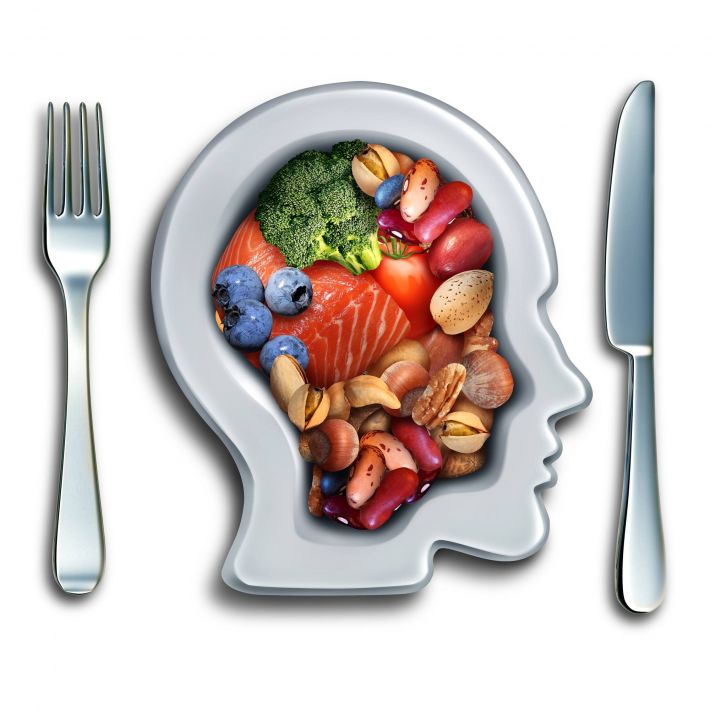
Studies show that eating healthy foods can improve your energy levels and reduce depression. Pick a day to devote to eating well and make it a priority. Science is increasingly showing that a healthy gut is a healthy brain, as the vagus nerve connects the two (occasionally called the gut-brain axis).
Some research suggests that cognitive diseases can begin in the stomach, and that poor gut health can also exacerbate mental ill-health.
How Probiotics May Improve Your Mood
Probiotics are live bacteria that have been isolated and grown in a culture, so they can be consumed as food. These friendly microorganisms help to keep your gut healthy by replenishing its natural bacteria.
You may have heard of probiotics before, but may not be sure what they can do for you. After all, aren’t all bacteria the same?
The answer is yes, there are many kinds of bacteria, but they are all part of what is known as the microbial ecosystem in the human body. Bacteria are everywhere, in your body, in your gut, in your mouth, and your nose.
Some help you digest food, while others help you fight infections. Some even enable you to feel happy!
Probiotics are defined as live microorganisms that, when administered in adequate amounts, confer a health benefit on the host. One role these microbes play is in maintaining a healthy balance in the digestive tract, with some species helping to break down foods while others filter them through the system.
In addition, probiotics have been shown to support immune function and contain various vitamins, minerals, phytochemicals and other compounds that benefit health.
Read on to learn more about this topic and how you can get more of these helpful microorganisms into your daily routine.
Bifidobacteria and Lactobacillus species
Probiotic foods and supplements contain various beneficial microorganisms isolated from their natural environment. Some species in these products are Bifidobacteria and Lactobacillus species, which are effective at reducing depression-related symptoms.
These friendly bacteria have also been associated with weight loss, improved mental health, enhanced memory and digestion, and reduced allergy symptoms. To ensure that you get enough probiotics into your diet, try adding some fermented foods to your existing diet or taking a few probiotic supplements daily.
You can even take a probiotic supplement with food if it is not interrupting your digestion, by taking it before or after meals. An easy way to get more diversity in your microbial ecosystem is through a short course of antibiotics when necessary.
This can help restore balance in an environment with too much change and benefit you in the long run with improved health benefits such as elevated mood and reduced risk for diseases like diabetes or cancer.
Streptococcus thermophilus
One way that probiotics can benefit mood is by increasing your serotonin levels. When you consume probiotics, the bacteria in your GI tract release a substance called L-DOPA that has been shown to change brain chemistry and affect mood.
Unfortunately, some strains of L-DOPA have been known to have adverse side effects like contributing to poor sleep. But a strain of L-DOPA called Streptococcus thermophilus has no adverse side effects and still leads to an increase in serotonin levels.
Bifidobacteria infantis and bifidum
They are commonly found in probiotics. Bifidobacteria infantis and bifidum are two of the most common bacteria types in probiotics. These two strains of bacteria have been shown to improve mood, decrease anxiety and depression, improve cognitive function, and reduce stress.
One way that these friendly microbes help is by increasing serotonin production. Serotonin is a neurotransmitter that plays a role in how your body feels. Bifidobacteria infantis and bifidum have been shown to increase levels of this neurotransmitter so that you feel more relaxed and content.
Additionally, improved cognition has been linked with these strains of bacteria and their ability to produce vitamin B-12.
Other Probiotic Species

The human microbiome is a complex ecosystem comprised of hundreds of species of microbes that help keep the human body in balance. On the other hand, the bacteria in your gut are estimated to be around 100 trillion cells.
That’s a lot of bacteria, which means that there’s a lot you can learn about them. We know that probiotics have been shown to support immune function and contain various vitamins, minerals, phytochemicals and other compounds that benefit health.
Still, we don’t know how many types there are because we haven’t been able to isolate all their strains yet. One researcher has narrowed the number to 280 and continues categorising them based on their unique properties.
What are the Benefits of Probiotics?
According to the National Institutes of Health, probiotics can provide many health benefits. These bacteria may lower the risk of developing acute diarrhoea, improve bowel regularity, reduce inflammation and relieve symptoms in people with irritable bowel syndrome and those with inflammatory bowel disease.
Probiotics also help to maintain healthy skin and hair. This is due to their presence in the intestinal tract, where they can synthesise vitamin K2 and break down toxic compounds like lipophilic pollutants in many personal care products. Postmenopausal women found that those taking vitamin K2 supplements had much slower decreases in age-related bone mineral density. Vitamin K2 is a critical nutrient that is often overlooked, but it may just be the most important nutrient for bone and heart health.
Probiotics have been shown to aid in weight loss by helping with food digestion and promoting feelings of fullness or satiety after meals.
Probiotic strains may also protect against cancer, such as colon cancer. Studies also suggest that probiotics may be essential in preventing or treating autoimmune diseases such as rheumatoid arthritis, ulcerative colitis & psoriasis.
How to Get More Probiotics into Your Diet
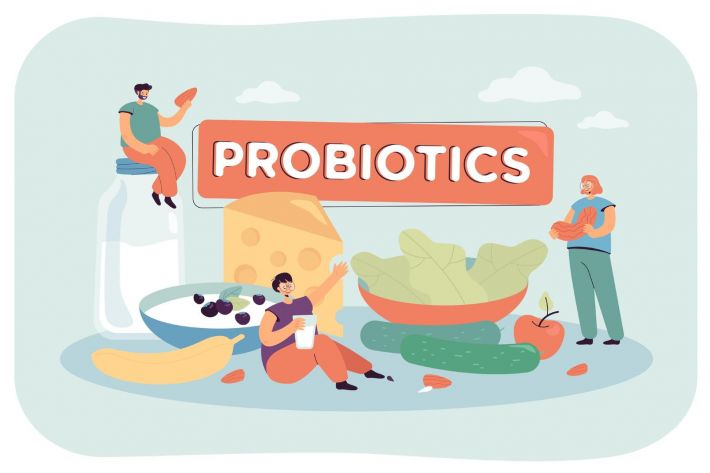
The easiest way to increase your intake of probiotics is by eating foods that are naturally high in them. Some examples include yoghurt and miso soup. But, it’s not always feasible to eat these foods every day, so you can also consider taking a probiotic supplement.
Many types are available, but the most common contain lactobacilli, bifidobacteria, and streptococci cultures. These supplements are easy to take as they can be taken with or without food, and they may also include other nutrients like calcium and vitamin D3 to help support bone health.
How Phytochemicals Benefit Your Health

Learning about the benefits of phytochemical-rich foods has been a part of human civilisation for thousands of years. In fact, many societies have long recognised the health benefits that can come from eating plant-based foods.
New reports that British soldiers are opting for a plant-based diet and lifestyle, according to the Vegan Society. The Ministry Of Defence said it was looking to "Diversify" its food options in the future.
Phytochemicals are the chemical compounds found in plants that provide health benefits when consumed, and they are found in fruits, vegetables, nuts, seeds, and others. Examples of phytochemical-rich foods include some beans, green tea and red wine.
Phytochemicals play an essential role in protecting us from cancer and other diseases. Phytochemicals can also support healthy immune function and reduce oxidative stress when eaten through a diet or supplements.
The mechanisms of action for these beneficial effects include increasing vitamin D3 levels in cells, reducing inflammation, preventing LDL oxidation, improving endothelial function, and much more.
Vitamin D
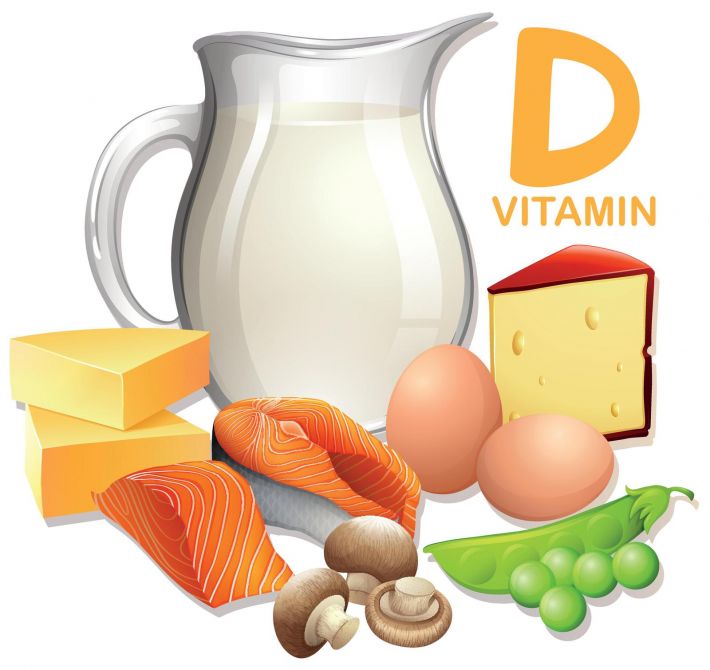
The best way to get your daily dose of vitamin D is by spending time in the sun, but it’s important to know that you can also get enough vitamin D from foods like salmon and fortified dairy products.
Vitamin D is essential for bone health and calcium absorption, so if you don’t eat a lot of fish or drink milk, you may need extra help getting enough vitamin D.
One of the most influential phytochemicals is vitamin D3. This nutrient has been shown to have anti-cancer effects, and it has also helped reduce inflammation, among other health benefits.
It is thought that eating foods rich in vitamin D3 can help prevent chronic diseases like heart disease and cancer. Phytochemical-rich foods are increasingly being recognised as a way to improve one’s health.
Eating fruits, vegetables, nuts, and seeds provides an array of benefits for one’s body and mind. They offer a broad range of health benefits to all humans, from preventing chronic diseases to supporting immunity to providing antioxidants to fight free radicals in your body.
Anti-Inflammatory Diet
If you have been diagnosed with an inflammatory condition, it is crucial to follow an anti-inflammatory diet. The inflammatory process is a natural part of the body’s response to infection or injury, but when inflammation persists and becomes chronic, it can lead to serious health problems.
An anti-inflammatory diet includes foods that provide phytochemicals, such as vegetables and fruits, and it also includes fish, nuts, seeds and whole grains. Phytochemical-rich foods can help reduce inflammation in the body by inhibiting the activity of cancer cells and inflammatory enzymes produced by these cells.
Folate and B12
Many health-promoting benefits of phytochemical-rich foods are related to folate and B12. These two vitamins are essential for cellular growth, DNA synthesis, and energy production. Low levels of these vitamins have been linked to anaemia, neurodegenerative diseases, cardiovascular disease and cancer.
To protect your health with a diet rich in phytochemicals, it’s vital to include foods high in folate and cyanocobalamin (B12). The World Health Organization (WHO) recommends that all countries ensure that at least one-third of the daily dietary intake of folic acid is provided by foods fortified with this vitamin.
The WHO also recommends that all women who are or could become pregnant consume 400 μg/day of folic acid to reduce the risk of neural tube defects, which can occur. Patients with symptoms such as fatigue or weakness should be tested for B12 deficiencies.
There are no plant-derived foods that supply a sustainable amount of vitamin B12. Vegetarians have several options for sources of B12. These include dairy products, eggs, and certain fortified foods.
Omega-3 Fatty Acids
Omega-3 fatty acids are essential nutrients in many foods, including plants and fish. Omega-3 fatty acids are necessary because the body cannot create them independently. In fact, our bodies need omega-3 fatty acids for numerous functions, such as maintaining healthy brain function, promoting vision and heart health, and more.
The EPA in fish oil is an example of a type of omega-3 fatty acid, and these can come from various sources of plant or animal origins. DHA is another type of omega-3 fatty acid, and it’s found in high quantities, primarily in marine mammals like whales and seals.
Phytochemical-rich foods include decreased inflammation and oxidative stress, improved endothelial function, and numerous other ways to prevent disease. Phytochemicals also help with brain health, vision and heart health, and other things humans need to thrive.
Carotenoids and Proanthocyanidins
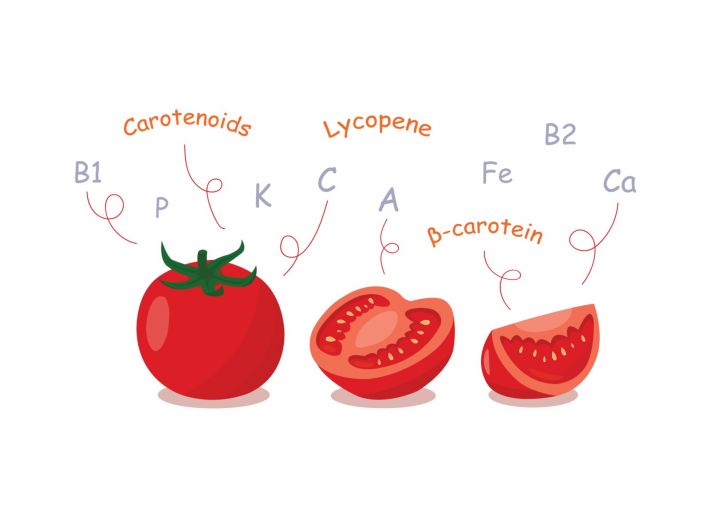
Carotenoids and proanthocyanidins are two phytochemicals that are encountered in a wide range of fruits and vegetables. Carotenoids are pigments found in plants, while proanthocyanidins have antioxidant capabilities.
Research has shown that carotenoids help protect against heart disease and certain cancers, while proanthocyanidins can be helpful for those with anaemia and other health problems related to oxidative stress.
Carotenoids and proanthocyanidins also help support healthy vision. These compounds have been revealed to protect the eyes from age-related macular degeneration, cataracts, retinal damage, inflammation and glaucoma.
Other Health Benefits of Phytochemical-Rich Foods
The benefits of phytochemicals don’t only include protecting us from diseases. There are also health benefits that come from taking a phytochemical-rich diet and supplementing with them.
For example, green tea is a source of polyphenols, which have been shown to help prevent heart disease and cancer. A polyphenol supplement has been found to lower cholesterol levels by up to 10 per cent.
Exercise
This is a tried and true mood booster activity that can also improve your mood, help you manage and lower your stress levels, and boost sleep quality. When you exercise, your body releases endorphins which make you feel relaxed, calm, and happy.
Plus, exercise helps to extricate the neurotransmitter serotonin, which boosts mood, increases concentration, and reduces anxiety. So, whether you prefer hiking, jogging, walking in the local park or countryside, pumping iron or even doing yoga and meditation. Working out could be the solution to your new wellbeing schedule.
There are reports that Canadian doctors are prescribing free passes to National Parks and Marine Conservation areas so that patients can experience the healing power of nature. Health care professionals stated that wandering around park trails, breathing in fresh air and connecting with nature can help with a huge array of medical conditions (Melissa Lem, director of Canada's evidence based nature prescription program).
She goes on to say that "There's almost no condition that nature isn't good for from diabetes, ADHD in children, anxiety, and depression".
Self-care

If you’re anything like most people, you probably don’t have much time for self-care. Between work, family obligations, and other responsibilities, it can not be easy to carve out time for yourself.
However, self-care is crucial if you want to feel your best and cope with the extra pressures life throws your way. Self-care activities are essential for many reasons: they provide emotional support, help us manage our stress levels, and improve our overall moods.
Self-care activities also reduce impulsive decision-making and the risk of developing depression. Self-care involves taking care of your physical and emotional needs so that you are not only able to function at home, but also be your best self outside of it as well.
Massage Therapy And Well-being
The massage therapist will use their hands, fingers, elbows, knees, feet, and other body parts to apply pressure to various body areas. Massage therapy may be used for relaxation, stress relief, pain management, injury prevention, and many other purposes. It has been shown to improve sleep quality, reduce anxiety, increase energy levels, decrease depression, and promote overall wellness.
Brighter Disposition
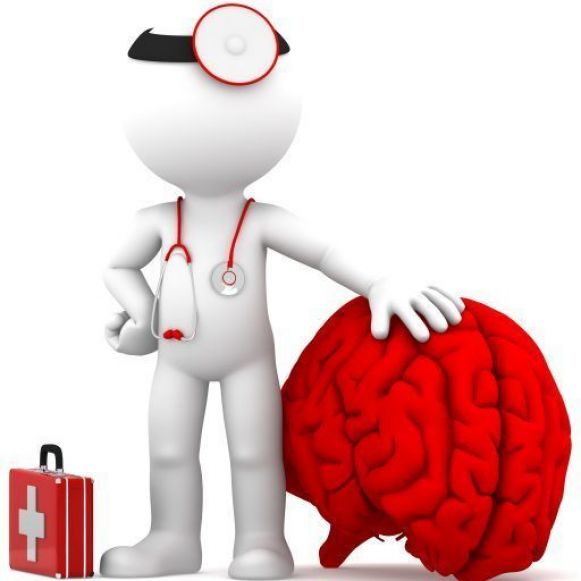
We all need to take care of mental health, and there are many ways to do it. You can cultivate a positive mood and nurture your well-being by taking an adventure outdoors, self-care, or you can call friends, and these activities will help you feel happier and healthier.
These are just a few ideas, but they’re some of the most popular and effective methods that have been discussed. As with anything else, there are no one-size-fits-all solutions — what works for you may differ from what works for someone else.
Experiment with different ways to practice well-being and see what works for you.
>

